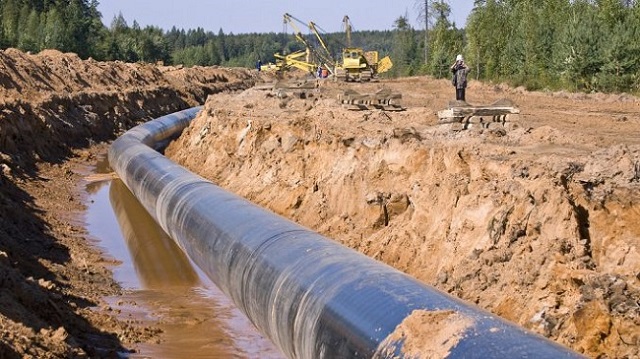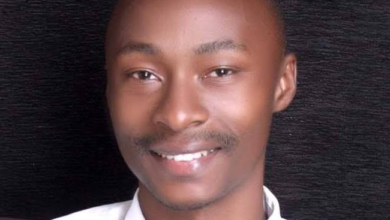China’s government should not support a disastrous climate project
The EACOP-affected persons do not want the pipeline to be constructed through their land.

Op-Ed: Recently, the media reported about Ambassador Xue Bing, the Special Envoy for the Horn of Africa Affairs of the Chinese Foreign Ministry, handing a letter to His Excellency, Yoweri Kaguta Museveni.
The letter was read to him by the Chinese Ambassador to Uganda, Mr. Zhang Lizhong, at the Kisozi Farm.
The letter affirmed China’s commitment to collaborating with Uganda to ensure the success of the East African Crude Oil Pipeline (EACOP) project, which will enhance socio-economic development in the region.
However, the EACOP-affected persons do not want the pipeline to be constructed through their land because they were given delayed, inadequate, and unfair compensation, which contradicts the provisions in 1995 Uganda’s Constitution and international standards that call for prompt payment of fair and adequate compensation prior to the taking of possession or acquisition of the property.
Failure by the government to provide adequate and fair compensation to the EACOP-affected persons has imposed on them several socio-economic challenges, including poverty, unemployment, school dropouts, teenage pregnancies, limited food, and loss of culture.
Notably, the EACOP project will affect approximately 2,000 km of protected areas, including more than 158 wetland sections, national parks, and game reserves, among others, which is likely to contribute to massive degradation of the environment and drastic climate change as it is anticipated to emit 34.3 metric tons of carbon emissions in the atmosphere.
The challenges mentioned have all been raised with President Museveni, members of Parliament, the oil companies, and other relevant stakeholders, but no solutions have been employed to address the challenges.
The government has instead created the impression among the public, national, and international financiers that 99 percent of the project-affected persons (PAPs) have been fairly compensated, which is untrue.
The project-affected persons who accepted the compensation were out of force because they feared being harassed, intimidated, arrested, and detained. A few that rejected the low compensation, the government has used court to evict them, which is unlawful.
It is worth noting that if China goes ahead to fund the controversial EACOP project that the insurance companies and many major banks such as Standard Chartered Bank, Sumitomo Mitsui Banking Corporation (SMBC), Deutsche Bank, Citi, JPMorgan Chase, Wells Fargo, and Morgan Stanley have declared not to fund, it will then be against Uganda’s development.
Conclusively, I plead with the Chinese government to turn the support for the EACOP project to green economic activities such as agriculture, tourism, fisheries, clean energy sources, and forestry, which are environmentally friendly and sustainable in nature, compared to supporting the EACOP project and other oil-related activities that are climate disastrous and dangerous to people and the environment.
The author is Hildah Nsimiire, an environmental activist.
Disclaimer: As UG Reports Media LTD, we welcome any opinion from anyone if it’s constructive for the development of Uganda. All the expressions and opinions in this write-up are not those of UG Reports Media Ltd. but of the author of the article.
Would you like to share your opinion with us? Please send it to this email: theugreports@gmail.com.






